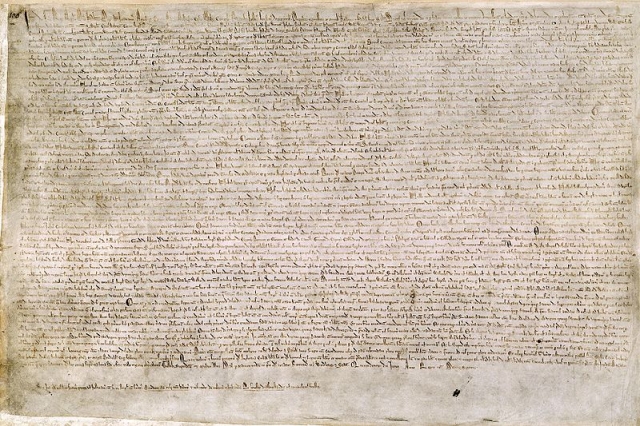Magna Carta after 800 Years: From liber homo to modern freedom

In June 2015 we celebrate the 800th anniversary of the signing of one of the key legal documents in English political history, the "Great Charter" (Magna Carta). When a group of disgruntled Barons forced King John to sign a document in June 1215 at Runnymede near Windsor, listing his political and legal powers (and thus explicitly limiting himself to those defined powers) little did they realise that they would begin a tradition of thinking about the "rights of Englishmen" which would echo down the centuries to our present day. In the following Liberty Matters discussion four leading historians have been invited to explain what Magna Carta was, why it has appealed to so many people over the years, the impact it has had on the development of Anglo-American legal and political institutions, and its relevance for us today. The Lead Essay is by Justin Champion, Professor of the History of Early Modern Ideas at Royal Holloway, University of London; with comments by Richard Helmholz, the Ruth Wyatt Rosenson Distinguished Service Professor of Law at the University of Chicago; Nicholas Vincent, Professor of Medieval History at the University of East Anglia; and David Womersley, the Thomas Warton Professor of English Literature at the University of Oxford.

